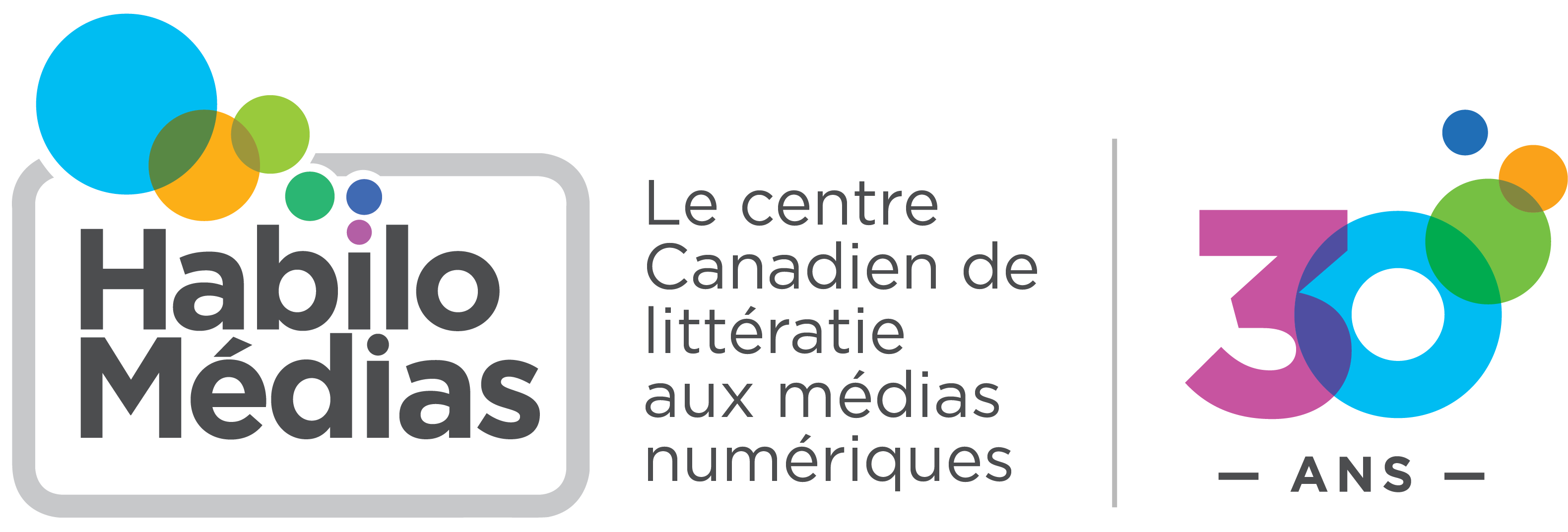Quebec Competencies Chart - Media literacy key concepts Lesson 3: Audiences negotiate meaning
Author: MediaSmarts has partnered with Concerned Children’s Advertisers to develop a suite of videos on each of the media literacy key concepts
Level: Grade 5-8
Lesson Length: 45 minutes
Lesson Link: http://mediasmarts.ca/lessonplan/media-literacy-key-concepts-lesson-3-audiences-negotiate-meaning
Description: In this lesson, students watch a video introducing the media literacy key concept that audiences negotiate meaning. They discuss the idea that different media products are aimed at different audiences and that different people may react differently to the same media product, and reflect on the experience of liking something they aren’t “supposed” to. In an optional final task, students watch a pair of TV shows, one they would normally choose to watch and one they wouldn’t, and identify the ways in which each is aimed at its target market as well as speculating on how someone other than the target market might react to it.
Cross-curricular Competencies |
Broad Areas of Learning |
|
|
This lesson satisfies the following Competencies from the Quebec Education Program:
English Language Arts
To Read and Listen to Literary, Popular and Information-Based Texts
- To use a response process when reading and listening to literary, popular, and information-based texts
- To construct her/his own view of the world through reading and listening to literary, popular and information-based texts
- To construct a profile of self as reader
- To self-evaluate her/his reading development
- To construct meaning by applying appropriate reading strategies
To Represent Her/His Literacy in Different Media
- To apply appropriate strategies for constructing meaning
- To self-evaluate her/his development as a viewer and producer of media texts
- To follow a process to respond to media texts
- To construct her/his own view of the world through the media
- To follow a production process in order to communicate for specific purposes to a specified audience
To Use Language to Communicate and Learn
- To use language (talk) to communicate information, experiences and point of view
- To self-evaluate her/his language development
- To use language (talk) for learning and thinking
- To apply her/his knowledge of linguistic structures and features
- To interact in collaborative group activities in a variety of roles
